GLOBAL LOGISTICS
Whatsapp: +86 13510290734
Email: op@sz-junqing.com

The regulations on the management of the international freight forwarding industry of the People's Republic of China clarified the definition of the international freight forwarding industry, that is, it refers to accepting the entrustment of the consignee and consignor of import and export goods, in the name of the consignor or in its own name, as the consignor An industry that handles international cargo transportation and related business and receives service remuneration.
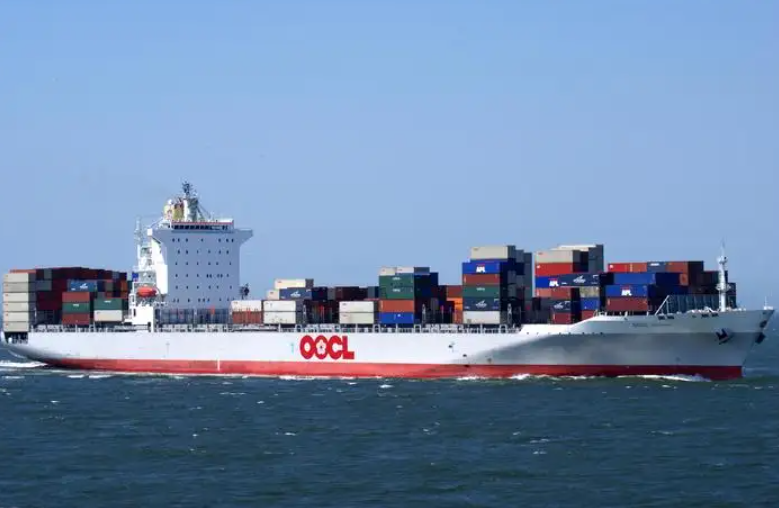
With the development of international trade and transportation mode, international freight forwarder has penetrated into every field of international trade and is an indispensable and important part of international trade. The rapid development of the market economy has made the social division of labor more and more clear. A single trade operator or a single transportation operator does not have enough strength to handle each specific business in person. They need to entrust an agent to handle a series of business procedures for them. , so as to achieve their respective goals. The basic feature of the international freight forwarder is that it is entrusted or authorized by the client to handle various services required for international trade and transportation, and receive a certain remuneration, or as an independent operator to complete and organize the transportation and storage of goods, etc. It is considered to be the organizer of international transportation, and also known as the bridge of international trade and the designer of international cargo transportation.
From the basic nature of international freight forwarders, freight forwarders mainly accept the entrustment of the entrusting party on matters related to cargo transportation, transshipment, warehousing, loading and unloading. On the one hand, it signs a contract of carriage with the cargo shipper, and at the same time he signs a contract with the transport department. For the cargo shipper, he is the carrier of the cargo. A considerable number of freight forwarders master various means of transportation and warehouses for storing goods, and handle the transportation of goods including sea, land and air when operating their business. The main businesses of international freight forwarding are:
A. Serve the shipper
The freight forwarder undertakes any procedure in the transportation of different goods on behalf of the consignor:
1. With the fastest and most economical transportation method, arrange suitable packaging of goods and choose the transportation route of the goods.
2. Suggest warehousing and distribution to customers.
3. Select a reliable and efficient carrier and be responsible for concluding a contract of carriage.
4. Arrange the weighing and measurement of goods.
5, for cargo insurance.
6, the assembly of goods.
7. Warehousing the goods before shipment or distribution at the destination.
8. Arrange the transportation of the goods to the port, go through customs and related documents, and deliver the goods to the carrier.
9. On behalf of the shipper/importer, pay the freight, customs duties and taxes.
10. Handle any foreign exchange transactions related to the transportation of goods.
11. Obtain various signed bills of lading from the carrier and deliver them to the shipper.
12. Supervise the process of cargo transportation and let the shipper know the whereabouts of the cargo by contacting the carrier and the freight forwarder in foreign countries.
B. Serving the customs
When a freight forwarder acts as a customs agent for customs formalities regarding import and export of goods, it represents not only his clients but also the customs authorities. In fact, in many countries, he has obtained the permission of these authorities to go through customs formalities and is responsible for the customs. He is responsible for declaring the exact amount, quantity and name of the goods in the documents issued in advance, so that the government does not have any problems in these aspects. suffer loss.
C. Serve the carrier
The freight forwarder makes a timely booking with the carrier, negotiates fair and reasonable fees for both the consignor and the carrier, arranges delivery at an appropriate time, and resolves issues such as freight accounts with the carrier in the name of the consignor.
D. Serving Airlines
A freight forwarder acts as an agent for an airline in the air transport industry. It is designated as the agent of IATA in the rules made by the International Air Transport Association for the purpose of air cargo. In this relationship, it uses the airline's cargo means to serve the cargo owner, and the airline pays a commission. At the same time, as a freight forwarder, it continues to serve the consignor or consignee by providing a service method suitable for air freight.
E. Serving liner companies
The relationship between freight forwarders and liner companies varies with the business. The LCL service provided by freight forwarders, that is, the consolidation service of LCL cargo, has established a relatively close relationship between them and liner companies and other carriers (such as railways). However, some countries refuse to pay commissions to freight forwarders, so they fight for commissions worldwide.
F. Provide LCL service
With the growth of container transportation in international trade, the service of consolidation and LCL has been introduced. In providing this service, the freight forwarder plays the role of the client. The basic meaning of consolidation and LCL is to collect small pieces of goods from several consignors from one shipping place to several consignees from another destination, and use them as a freight forwarder for a whole piece of goods to be sent to the destination. And through it the single-ticket goods are delivered to the consignee. The freight forwarder issues a bill of lading, that is, a separate bill of lading or other similar receipts are handed over to the consignor of each shipment; the agent at the port of destination of the freight forwarder delivers the original bill of lading to the consignee. The consignee and consignor of LCL do not directly contact the carrier. For the carrier, the freight forwarder is the consignor, and the agent of the freight forwarder at the port of destination is the consignee. Therefore, the carrier issues a full bill of lading or a waybill to the forwarder. If the consignor or consignee has special requirements, the freight forwarder can also engage in pickup and delivery services at the origin and destination, providing door-to-door services.
G. Multimodal transport service
In the role of freight forwarding, a more profound effect of containerization is its involvement in multimodal transport, where he acts as the main carrier and undertakes to organize the door-to-door transport of goods through multiple modes of transport under a single contract. It can negotiate and contract separately with other carriers or other service providers as a party. However, these distribution contracts do not affect the execution of the multimodal transport contract, that is to say, do not affect the consignor's obligations and his liability for damage and loss during the multimodal transport process.
Door to Door Shipping from China to UAE
2025-02-25
Although Saudi Arabia has a small population, it has strong purchasing power and supports many Chinese cross-border e-commerce businesses such as jollychic, fordeal, funmart, etc. However, Saudi logistics is a very troublesome problem. This article will i
2022-07-07

More →
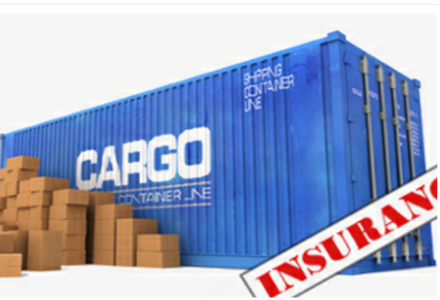
More →
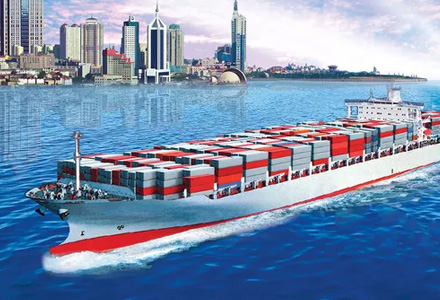
More →
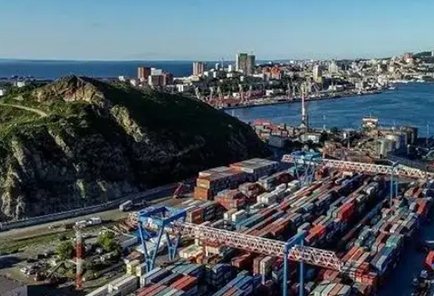
More →
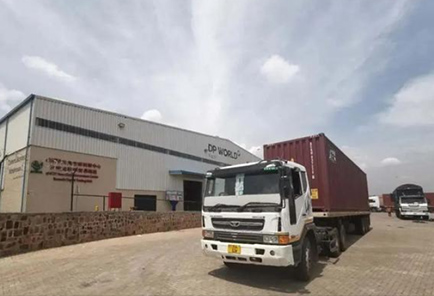
More →
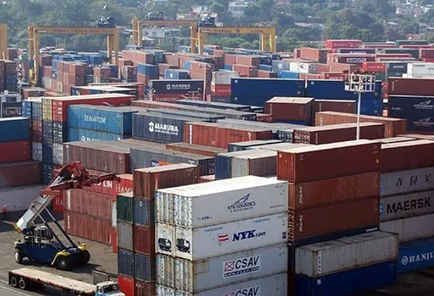
More →
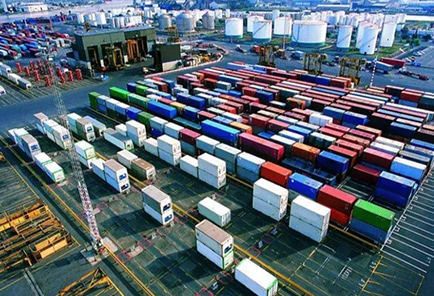
More →